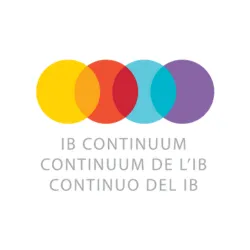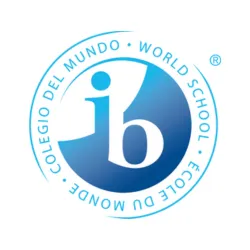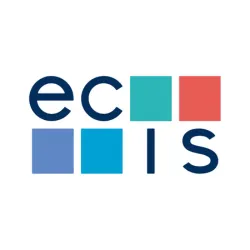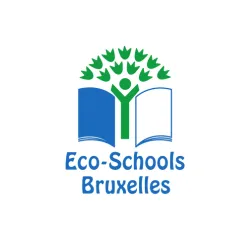The meaning of integrated learning in the Humanities - Current Affairs

I am teaching Current Affairs to MYP students and to me, integrated learning is the very definition of how I teach my subject. By this, I mean using maps to define what is a political vs. physical border; making sure that the science of climate change (e.g. defining what greenhouse gas emissions are) is roughly understood and discussed before going ahead with debating the politics behind COP26 in Egypt; and when researching and/or analysing movements such as #MeToo or Black Lives Matters, departing from current events and bringing in history - be it the Civil War in the United States, or the Holocaust.
Viewed this way, teaching any subject in the humanities transforms a system which students sometimes see as too rigid (e.g. European History: 1900-1945) into a process that brings in flexibility and literacy at multiple levels: bridging past & present by turning topics into simple, graspable narratives; or colouring maps to identify conflict zones, leading students to switch their attention away from computer screens and making sure that their research skills are expressed in as many creative ways as possible.
Everyone will benefit from this diversity of approaches. Students first and foremost, who will look forward to new ways of expressing their thoughts and understanding facts, or confronting opinions - all of which will hopefully morph into new approaches to complex issues. Teachers also will benefit from this, since they will be able to breath new life into their subject - any subject - an approach that can be adapted to as many lessons as there are topics.
In a real life school context, integrated learning can be challenging: it requires preparation, especially when a teacher needs to use other tools than laptops. Printing material (like blank maps) or researching audio content (like podcasts, to train the ear without visual stimulus) will be necessary, as well, as making sure the objectives are set (and reset) in a clear, understandable way. One too often forgets that the great majority of students often shy away from complex instructions and will just simply not read them. Yet understanding complex instructions is, to me, one of the most important requirements of teaching middle year humanities students: it prepares them to the many challenges of the diploma/baccalaureate program, including in subjects where both science and writing come into play, like ESS. Teachers will therefore need to explain instructions, over and over again - and this may in turn take time away from teaching the actual content of a class. But instructing students - and making sure these instructions are understood - remains an integral part of the teaching process, just as it was in 19th century classrooms.
Skills like self-management, working autonomously, self-initiative, and communication inside a group may need to be supported, and encouraged. Spending time at the start of a class to explain the importance of a topic or objective (why does studying China as a superpower actually matter?) may also take up extra time - and require the class to be simplified, or adapted in terms of its actual content. Not to mention stressing the importance of plagiarism and more recently, using AI tools in the classroom - obvious lines in the sand that are sometimes ignored by teachers, because of the challenges involved. Crucial questions in need of answers, in classes where computers are more than ever present.
These latter challenges need to be addressed by teachers, and integrated in their teaching strategies. They also need to be tackled by the schools' managements and boards - not to mention parents, who have a role to play a home by setting limits and examples. The oncoming AI wave will not be neutral - it will be brutal, requiring empathic pedagogy in class, and firm decision-making over new class rules, where the contractual relationship between student and teacher will be key.
Integrated learning is essentially a positive process. It may turn into a benefit or a nightmare depending on what teachers and students, schools, education authorities and parents, agree to agree on - or disagree.
David Boratav
Bogaerts International School


.png)





.png)















.png)
.png)




